Data Engineering Learning Path: A Complete Roadmap
Knowledge Hut
JUNE 23, 2023
You should have the expertise to collect data, conduct research, create models, and identify patterns. You should be well-versed with SQL Server, Oracle DB, MySQL, Excel, or any other data storing or processing software. You must develop predictive models to help industries and businesses make data-driven decisions.


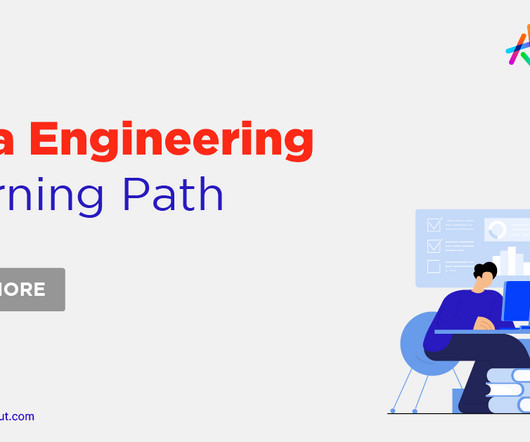
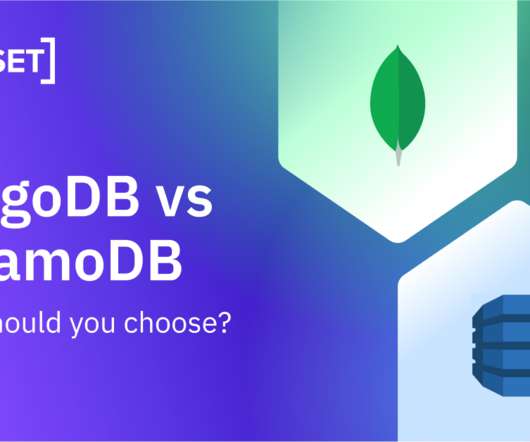

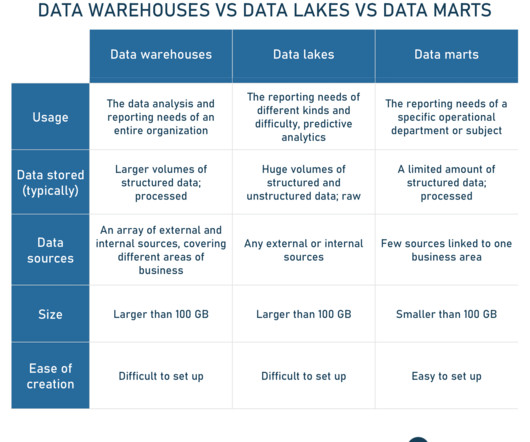

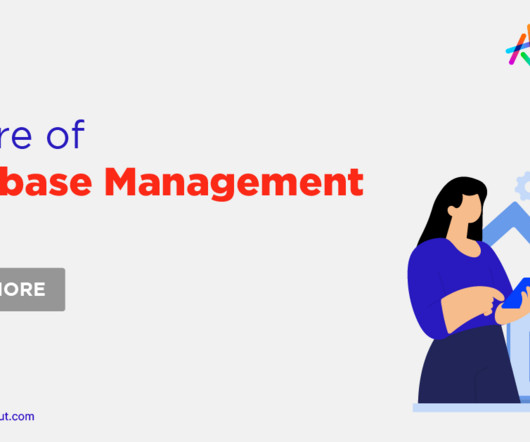
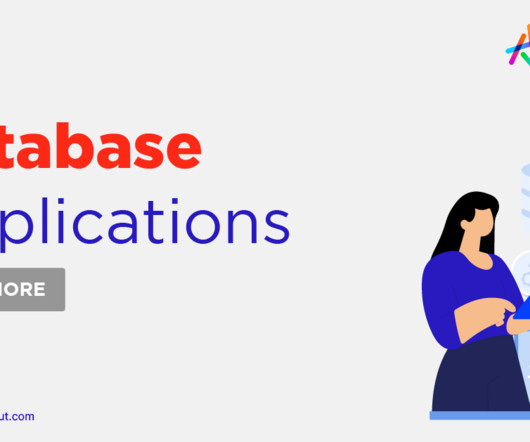
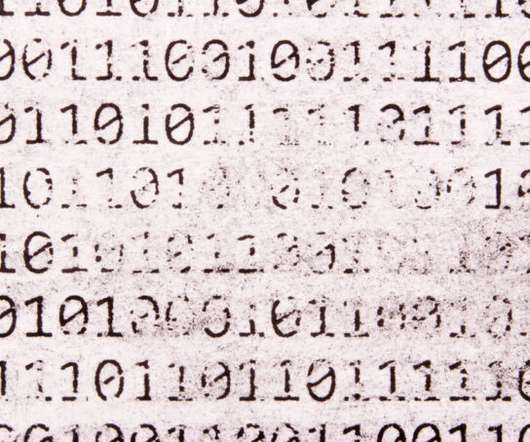








Let's personalize your content